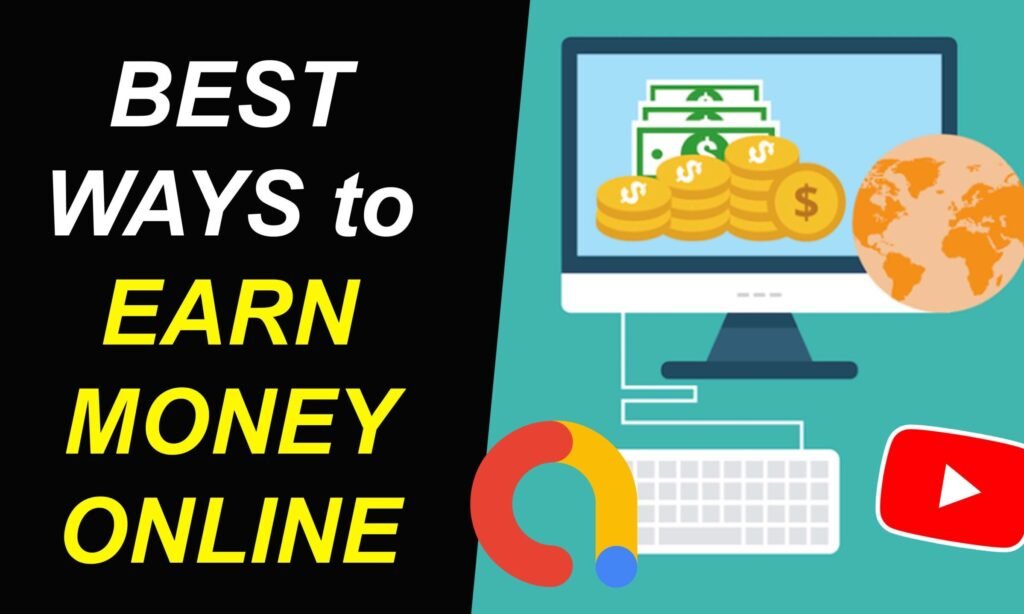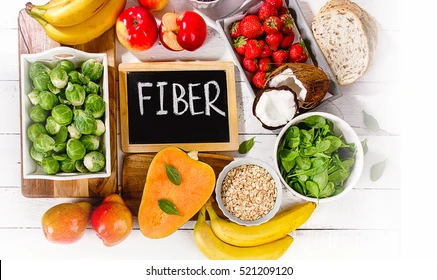11 Proven Strategies to Monetize Your App: From Paid Downloads to Data Insights

Strategies to earn money:
1 Paid app:
Creating a paid app involves setting a price for users to purchase your app before they can download and use it. This straightforward approach can be effective if your app offers unique and compelling features that users are willing to pay for. To make this strategy successful:
- Value Proposition:
Clearly communicate the value and benefits of your app in the app store description. Highlight how your app solves a problem or meets a need. - App Quality
: Ensure your app is well-designed, user-friendly, and free of major bugs or issues. A positive user experience can lead to positive reviews and more sales. - App Store Optimization (ASO):
Optimize your app’s title, keywords, and description for relevant search terms to improve its discoverability on app stores.
2. Freemium Model
The freemium model offers a basic version of your app for free, while advanced features or premium content are available through in-app purchases. This model can attract a larger user base and allow users to experience your app before committing to a purchase. To implement this model effectively:
- Feature Differentiation:
Clearly distinguish between free features and premium features. Offer enough value in the free version to entice users to try it. - Timely Upsells:
Prompt users with offers to upgrade to the premium version at points where they might see the most value from additional features. - Limited Free Use:
Place limits on the functionality or content available in the free version to encourage users to consider upgrading.
3. In-App Purchases (IAPs)
In-app purchases involve selling virtual goods, premium content, or additional features within your app. This model is commonly used in gaming apps but can be adapted to other app genres. To effectively leverage in-app purchases:
- Diverse Offerings: Provide a range of enticing in-app purchase options, catering to different user preferences and budgets.
- Balanced Gameplay: In gaming apps, ensure that in-app purchases enhance the user experience without making it feel overly pay-to-win.
- Strategic Placement: Integrate prompts for in-app purchases at appropriate moments, such as after achievements or during moments of engagement.
4. Subscription Model:

\
The subscription model involves offering your app as a service that users subscribe to on a recurring basis. This can be a stable revenue source if your app provides ongoing value. To implement subscriptions effectively:
- Tiered Plans: Offer different subscription tiers with varying levels of features or content. This allows users to choose the plan that best suits their needs.
- Trial Periods: Provide a free trial period to give users a taste of what they’ll get with a subscription. Ensure the trial is long enough for users to see the value.
- Consistent Updates: Regularly update your app with new content or features to maintain subscriber interest and justify the recurring cost.
also readA Comprehensive Guide to Earning Money Through Blogging
5. Advertising:
Monetizing through advertising involves integrating ads into your app and earning revenue based on impressions or clicks. To make the most of this strategy:
- Ad Placement: Integrate ads in non-intrusive ways that don’t disrupt the user experience. Banner ads, interstitials, and rewarded video ads are common formats.
- Ad Networks: Choose reputable ad networks that match your app’s content and audience. Google AdMob and Facebook Audience Network are popular choices.
- User Opt-Out: Offer an option for users to opt out of ads through a one-time purchase or subscription.
6. Sponsorships and Partnerships:
Collaborating with other companies or brands can bring additional revenue through sponsorships or partnerships. To attract potential sponsors:
- Audience Alignment: Partner with brands that align with your app’s target audience and values. The partnership should make sense to users.
- Custom Promotions: Offer special promotions or features related to the sponsor’s products or services within your app.
- Mutual Benefit: Ensure that the partnership is mutually beneficial, providing value to both your app’s users and the sponsoring company.
7. Affiliate Marketing:
If your app is within a specific niche, you can incorporate affiliate marketing by promoting relevant products or services and earning a commission for each sale generated through your app. To effectively use affiliate marketing:
- Relevance: Promote products or services that are closely related to your app’s niche or content. The recommendations should feel natural to users.
- Disclosure: Clearly disclose to users that you may earn a commission from purchases made through your app’s affiliate links.
- Value-Added Content:
Create informative and valuable content around the products or services you’re promoting. This can help users make informed purchasing decisions.
8. Data Monetization:
If your app collects user data (while adhering to privacy regulations), you can monetize this data by providing insights or analytics to other companies. To do this ethically:
- Anonymization: Ensure that the data you share is properly anonymized and doesn’t compromise user privacy.
- Value Proposition: Highlight the benefits that companies will gain from the insights derived from your app’s data.
- Transparency: Clearly communicate to users that their data may be used for analytical purposes and provide an opt-out option if possible.
9. White Labeling and Licensing:
If your app offers unique technology or solutions, consider licensing it to other businesses or developers who want to use your app as a foundation for their projects. To succeed with this strategy:
- Modularity: Design your app in a modular way, allowing other developers to easily integrate their own branding and features.
- Documentation: Provide thorough documentation and support for developers who want to use your app as a white-label solution.
- Fair Pricing: Determine a pricing model that’s fair for both parties. Consider offering different licensing options based on usage or features.
10. Crowdfunding:
Before developing your app, you could consider using crowdfunding platforms to gather financial support from potential users who believe in your idea. To effectively crowdfund your app:
- Compelling Pitch:
Create a detailed and engaging pitch that clearly explains your app’s purpose, features, and why it deserves support. - Rewards: Offer enticing rewards to backers at different funding levels. These could include early access, exclusive content, or personalized experiences.
- Transparency: Keep backers informed about the progress of your app’s development and any challenges you encounter along the way.
11. Consulting and Services:
If your app addresses a specific problem, you could offer consulting or services related to that problem. This can create an additional revenue stream beyond the app itself. To offer services effectively:
- Expertise: Position yourself as an expert in the field your app addresses. Provide valuable insights and solutions.
- Showcase Results: Highlight the positive outcomes your app has helped achieve. Case studies and success stories can attract potential clients.
- Clear Offering: Clearly define the consulting or service packages you offer, along with pricing and the value clients can expect.
It’s important to note that the success of your app monetization strategy depends on various factors, including the quality of your app, market demand, competition, user engagement, and marketing efforts. Regularly assess your strategy’s effectiveness and be prepared to adapt as the app market evolves over time
FAQ
1. How can I earn money from creating apps?
There are several strategies to monetize your app:
- Offer a paid version of your app.
- Provide a free app with in-app purchases for premium content.
- Implement a subscription model for ongoing revenue.
- Integrate advertising into your app for ad revenue.
- Collaborate with brands for sponsorships and partnerships.
- Incorporate affiliate marketing by promoting relevant products.
- Monetize user data by providing insights to other companies.
- License your app as a white-label solution.
- Consider crowdfunding for financial support.
- Offer consulting or services related to your app’s niche.
2. What is the freemium model?
The freemium model offers a basic version of your app for free and provides advanced features or premium content through in-app purchases. It lets users experience the app before deciding to upgrade.
3. How do I effectively use in-app purchases (IAPs)?
Offer virtual goods, premium content, or additional features within your app. Present diverse options and strategically prompt users for purchases during engaging moments.
4. What is the subscription model and how can I implement it?
The subscription model involves offering your app as a service users subscribe to on a recurring basis. Provide tiered plans, trial periods, and consistent updates to maintain user interest.
5. How do I monetize through advertising?
Integrate ads in non-intrusive ways, choose reputable ad networks, and consider offering an option for users to opt out of ads.
6. How can I leverage sponsorships and partnerships?
Collaborate with brands aligned with your app’s audience, offer custom promotions, and ensure a mutually beneficial partnership.
7. What is affiliate marketing and how can I use it?
Promote relevant products or services within your app and earn a commission for each sale generated through your app’s affiliate links.
8. How can I ethically monetize user data?
Anonymize data, offer valuable insights to other companies, and provide transparency to users about data usage.
9. What is white labeling and licensing?
License your app to other businesses or developers who want to use it as a base. Design your app modularly and provide documentation and support.
10. How can crowdfunding help fund my app’s development?
Use crowdfunding platforms to gather financial support from users who believe in your app’s idea. Create a compelling pitch, offer enticing rewards, and keep backers informed.
11. How can I offer consulting or services related to my app’s niche?
Position yourself as an expert, showcase positive outcomes, and clearly define consulting or service packages you offer.
12. What factors contribute to app monetization success?
App quality, market demand, competition, user engagement, and effective marketing efforts all play crucial roles in the success of your app monetization strategy.
13. How should I adapt my strategy over time?
Stay updated on industry trends, gather user feedback, and be prepared to adapt your monetization strategy as the app market evolves.
Remember that the right monetization strategy depends on your app’s unique characteristics, target audience, and your overall business goals.






